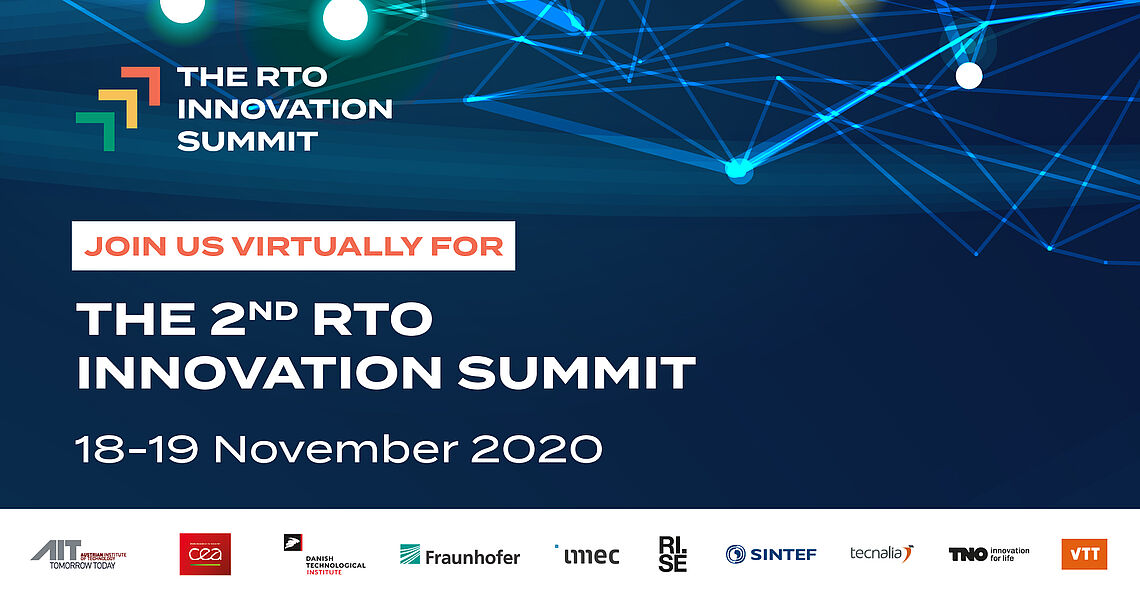At the 2nd RTO Innovation Summit, Europe's leading research organizations, including the AIT Austrian Institute of Technology, presented their contributions to digitalization, decarbonization and strengthening competitiveness.


At the 2nd RTO Innovation Summit, Europe's leading research organizations, including the AIT Austrian Institute of Technology, presented their contributions to digitalization, decarbonization and strengthening competitiveness.
